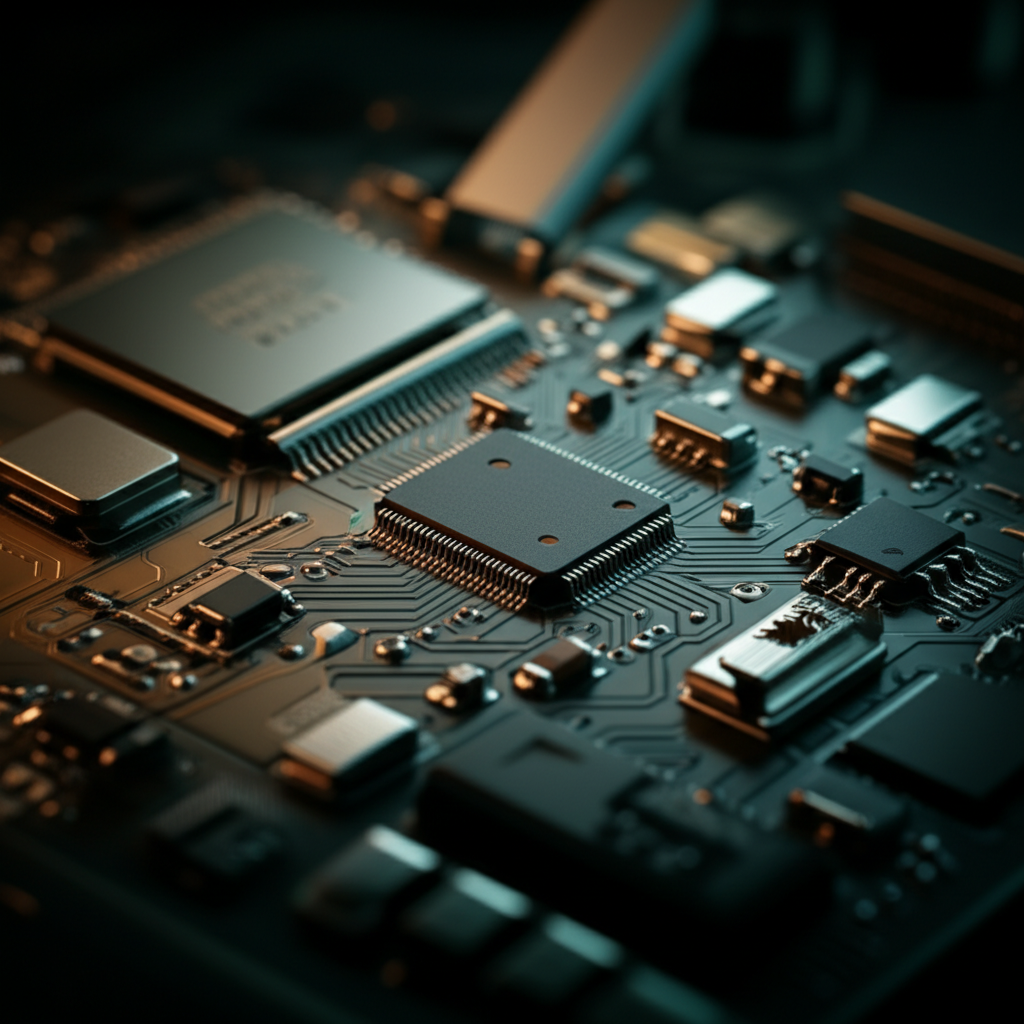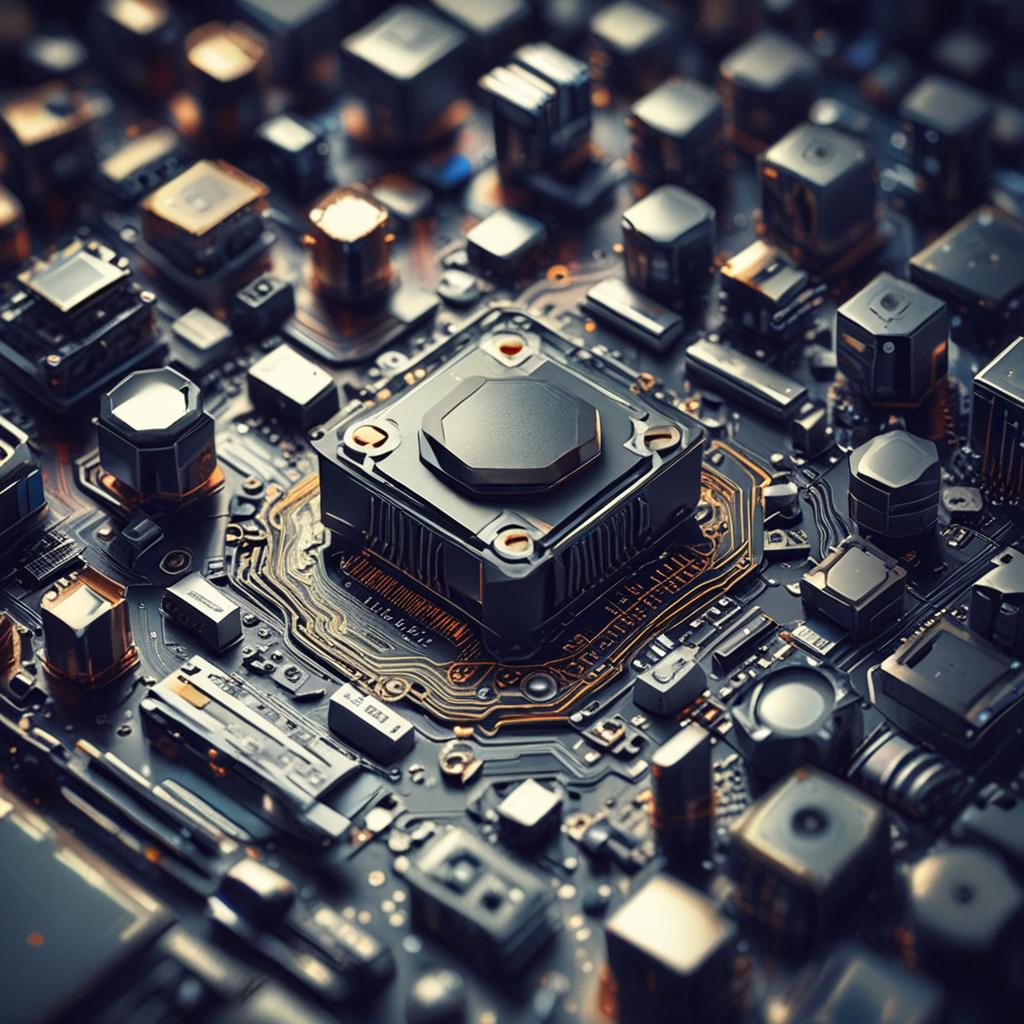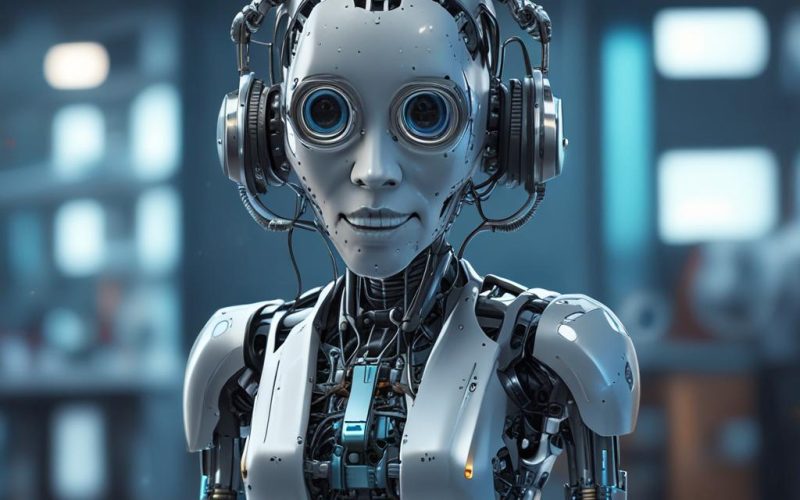Table of Contents Show
The integration of Artificial Intelligence (AI) into daily life has been a subject of fascination and concern. From simplifying tasks to revolutionizing industries, AI’s impact is multifaceted. This article aims to explore the various real-life applications of AI that are transforming the world.
Historical Timeline
1956
Dartmouth Conference coins AI
1997
IBM's Deep Blue beats Kasparov
2011
Watson wins Jeopardy!
2015
AI in healthcare diagnosis
2025
Widespread AI in autonomous vehicles
Timeline infographic for Real-life Applications of Ai You Should Know
Healthcare and Medical Applications
Diagnostic Capabilities
AI is revolutionizing medical diagnostics by enhancing the accuracy and speed of disease detection. For instance, AI algorithms can analyze medical imaging with greater precision, identifying early signs of conditions like cancer and Alzheimer’s. Additionally, AI-powered tools can personalize treatment plans based on individual patient data, leading to more effective and tailored care.
Patient Care and Management
AI plays a crucial role in patient data management and predictive analytics. It can process vast amounts of patient data to predict outcomes, manage chronic conditions, and optimize treatment plans. AI-assisted robotic surgery is another significant application, allowing for minimally invasive procedures with higher precision and reduced recovery times.
Drug Discovery and Development
The drug discovery process is lengthy and costly, but AI is accelerating this by predicting drug efficacy and designing new compounds. Machine learning algorithms can analyze large datasets to identify potential drug candidates and simulate their interactions with biological targets, significantly reducing the time and cost of bringing new drugs to market.
Financial and Economic Applications
Automated Trading and Portfolio Management
AI is transforming the financial sector through high-frequency trading, portfolio optimization, and risk management. AI algorithms can execute trades at optimal times, manage investment portfolios based on real-time market data, and assess risks with greater accuracy, providing investors with a competitive edge.
Fraud Detection and Prevention
AI is a powerful tool in the fight against financial fraud. It can detect unusual patterns and anomalies in transactions, helping to identify and prevent money laundering, credit card fraud, and other financial crimes. Machine learning models are continuously updated to stay ahead of evolving fraud tactics.
Personal Finance and Wealth Management
AI-powered financial advisors and budgeting apps are making personal finance management more accessible and efficient. These tools provide personalized financial planning, investment advice, and budgeting recommendations, helping individuals make informed financial decisions and achieve their financial goals.

Educational and Learning Applications
Adaptive Learning Systems
AI-based adaptive learning systems tailor educational content to individual students’ needs, abilities, and learning pace. By continuously analyzing student performance, these systems can adjust the difficulty and type of content, ensuring that each student receives a personalized and effective learning experience.
Intelligent Tutoring Systems
AI-powered tutoring systems offer one-on-one support to students, providing real-time feedback and assessment. These systems can identify areas where students need additional help and offer targeted interventions, enhancing the learning process and improving outcomes.
Automated Grading and Feedback
AI is being used to automate the grading process, providing instant and detailed feedback to students. This not only reduces the workload for teachers but also ensures consistent and objective grading. AI can also analyze student responses to provide insights into their understanding and suggest areas for improvement.

Transportation and Automotive Applications
Autonomous Vehicles
The development and deployment of self-driving cars, trucks, and drones are reshaping the transportation industry. These vehicles use AI to navigate, make decisions, and interact with their environment, promising to reduce accidents, improve traffic flow, and enhance mobility for all.
Traffic Management and Optimization
AI is used to analyze and manage traffic flow, reducing congestion and improving travel times. By processing real-time data from various sources, AI can predict traffic patterns, optimize traffic light sequences, and provide alternative routes to drivers, making urban transportation more efficient.

Vehicle Safety and Maintenance
AI is enhancing vehicle safety and maintenance through predictive maintenance, driver behavior analysis, and advanced safety features. Predictive maintenance algorithms can detect potential issues before they become critical, while AI-powered safety systems can help prevent accidents by monitoring driver behavior and road conditions.
Home and Consumer Applications
Smart Home Devices
AI is integrated into smart home devices, making homes more convenient and secure. Voice assistants like Amazon’s Alexa and Google Assistant can control smart thermostats, lighting, and security systems, providing a seamless and intuitive user experience.
Virtual Assistants
Virtual assistants like Siri, Alexa, and Google Assistant are becoming an integral part of daily life. These AI-powered tools can perform a wide range of tasks, from setting reminders and making appointments to providing weather updates and controlling smart home devices.
Personalized Recommendations
AI powers personalized product recommendations in e-commerce, streaming services, and social media. By analyzing user behavior and preferences, AI algorithms can suggest products, movies, and content that are likely to be of interest, enhancing the user experience and driving engagement.
Conclusion on Real-Life Applications of AI
The applications of AI are vast and diverse, transforming various sectors and enhancing the quality of life. From improving healthcare and financial security to revolutionizing education and transportation, AI is a powerful tool with the potential to create significant positive impacts. However, the widespread adoption of AI also brings challenges, such as ethical considerations and job displacement, which need to be addressed to ensure a balanced and beneficial integration of AI in our lives.
FAQ
- What are the primary benefits of using AI in healthcare?
The primary benefits include improved diagnostic accuracy, personalized treatment plans, and enhanced patient care through AI-assisted tools and analytics.
AI contributes to financial security by detecting and preventing fraud, managing risks, and optimizing investment portfolios.
AI plays a significant role in education by providing adaptive learning environments, intelligent tutoring systems, and automated grading, making learning more efficient and personalized.
Autonomous vehicles are designed with multiple safety features and have the potential to significantly reduce accidents caused by human error, though ongoing development is needed to address all safety concerns.
AI can automate routine and repetitive tasks, potentially displacing some jobs, but it also creates new job opportunities in fields related to AI development, deployment, and maintenance.




